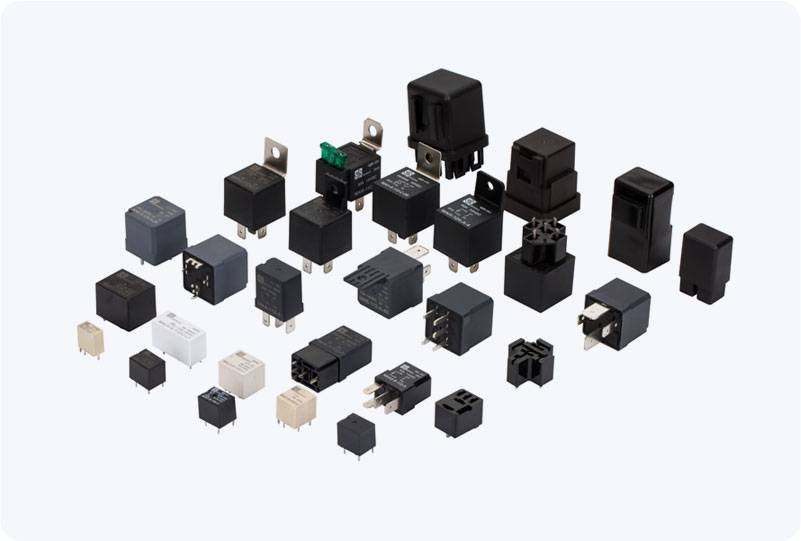understanding the iec 61811 ev relay: essential for electric vehicle systems
Release time:2025-07-03 12:30:05
In the ever-evolving landscape of electric vehicles (EVs), the importance of high-performance, reliable electrical components cannot be overstated. Among these critical components, relays play a crucial role in ensuring the safety and efficiency of the vehicle's electrical systems. One such standard that governs the design and application of these relays is IEC 61811, which is instrumental in defining the operational parameters of relays used in a variety of industries, including the rapidly expanding electric vehicle market.

What is IEC 61811?
IEC 61811 is an international standard established by the International Electrotechnical Commission (IEC) that sets the technical requirements for electromechanical relays, including those used in low-voltage applications. This standard encompasses aspects such as relay design, functionality, performance, and testing procedures, ensuring that relays are suitable for their intended purposes while maintaining safety and reliability.
While IEC 61811 originally focuses on general low-voltage applications, its guidelines are highly applicable to electric vehicle systems. EV relays, often referred to as EV relays, are responsible for managing high-voltage electrical circuits within an EV’s powertrain, charging system, and battery management systems. Therefore, relays compliant with IEC 61811 must meet stringent requirements that support the demanding conditions of electric vehicle operation.

